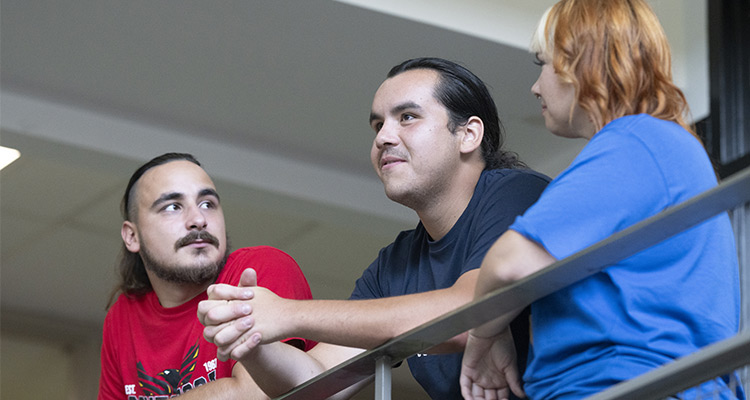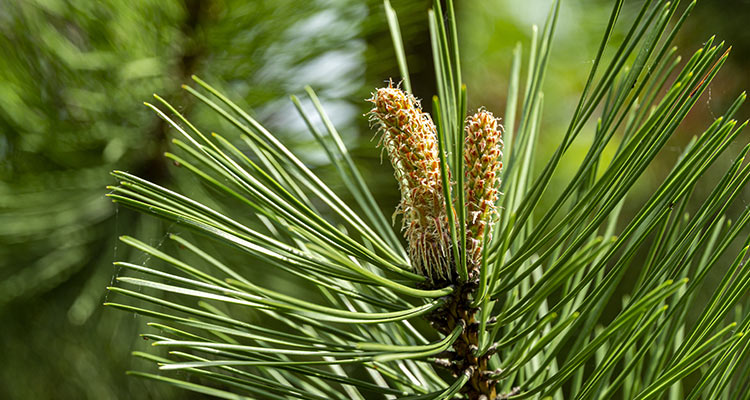Biindigen | Welcome
The Office of Indigenous Initiatives at Conestoga is responsible for managing the institution’s Indigenization strategies related to academic and student services. Additionally, Be-Dah-Bin Gamik (Indigenous Services) offers culturally grounded support and services to Indigenous students at the college.
About us
As Indigenous Peoples, our identities are so often tied to the places in which we live. This applies to our nationhood, our clan systems and our relationships with the land and water. We can apply those same tenets to how we identify in our learning and workspaces. Using place-based indicators, we can further demonstrate who we are, what we do and how we help each other provide services and support for Indigenous students and employees at Conestoga.
Indigenous initiatives and services
Community building is actively built upon the foundations of place-based relationality. We work with Elders, Knowledge Keepers, Artists and Storytellers to deliver Indigenous-led services, support and advocacy. While "Indigenous" is a global term, the Office of Indigenous Initiatives and Be-Dah-Bin Gamik (Indigenous Services) serve First Nations, Métis and Inuit students.

Indigenous Services
Be-Dah-Bin Gamik (Indigenous Services) provides academic and cultural services and support for Indigenous students.

Office of Indigenous Initiatives
The Office of Indigenous Initiatives oversees the college's Indigenization strategies.

Student Self-Identification
Complete our Indigenous Self-Identification form to ensure you get the most out of what Conestoga offers.
